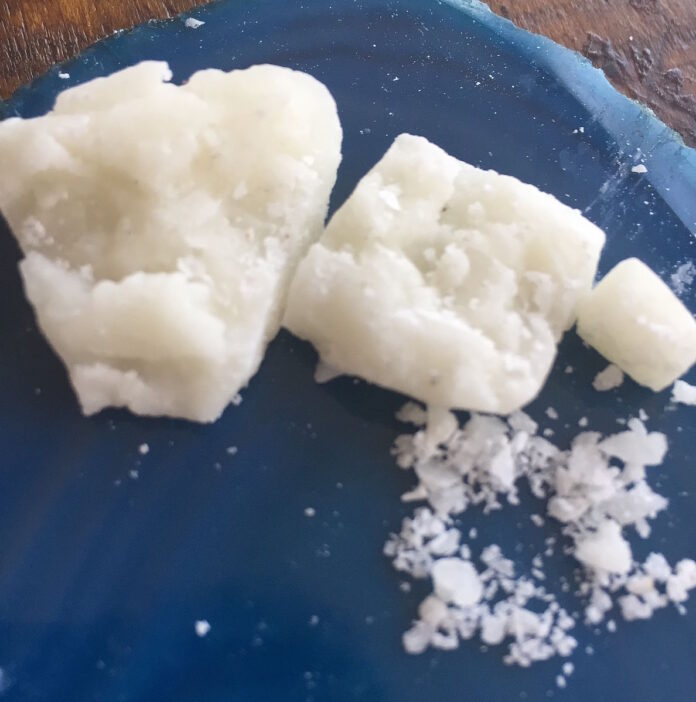Two days ago, the Brazilian Navy, in collaboration with the Federal Police, successfully seized a staggering 3.62 tonnes of cocaine in Northeast Brazil off the coast of Pernambuco. This remarkable bust represents the largest seizure of cocaine ever made in the Brazilian sea, underscoring the country’s ongoing efforts to combat drug trafficking.
The operation was conducted as part of Operation Ágata Nordeste, a multifaceted initiative aimed at addressing cross-border and environmental crimes. The Brazilian Navy’s 500 ton patrol ship intercepted the vessel Palmares 1, which was bound for Africa. Upon inspection, the narcotics were discovered on board, leading to the immediate arrest of the 5 crew members involved in international drug trafficking and association with drug trafficking. If convicted, these individuals could face penalties of up to 35 years in prison.
The operation took place approximately 18 nautical miles from Recife, covering a distance of roughly 33 kilometers. Following the seizure, the patrol ship towed the vessel to the Port of Recife, securing the evidence and culprits.
Brazil’s maritime and fluvial operational environment is vast, spanning 5.7 million square kilometers of maritime area, often referred to as the Blue Amazon. This expanse serves as a crucial gateway for both national and international trade, significantly contributing to Brazil’s economy. Unfortunately, it also faces numerous threats, including illegal fishing, smuggling, and drug trafficking.
To safeguard these waters, the Brazilian Navy has implemented the Blue Amazon Management System, a collaborative effort that unites various federal agencies, including the Federal Police, environmental authority Ibama, the Federal Revenue Service, and state-run oil giant Petrobras.
This remarkable achievement comes in the wake of increased investments in the Brazilian defense sector, which have surged by 72.8% since the beginning of the year. Brazil’s defense budget for 2023 is estimated at $23.8 billion, with anticipated growth of over 4% between 2024 and 2028, according to GlobalData’s ‘Brazil Defense Market Overview (2024-2028)’ report. Since 2020, the Brazilian Navy has confiscated over 17 tons of cocaine, 4.3 tons of hashish, 695 tons of cigarettes, 113.34 tons of fish, 14 tons of marijuana, and even 3,146 cubic meters of wood.
The shift in priorities from former President Bolsonaro to the current President Luiz Inácio Lula da Silva has played a significant role in this surge. While Bolsonaro’s tenure was marked by limited success in combating drug trafficking and environmental degradation, President Lula’s administration is directing defense funds toward bolstering military patrols of Brazil’s extensive environmental territories, both on land and water. As a result, there has been a notable reduction in Amazonian deforestation, marking a positive step forward in the fight against illegal activities in the region.
Image is licensed under the Creative Commons Attribution-Share Alike 4.0 International license and was created by Argv0.









